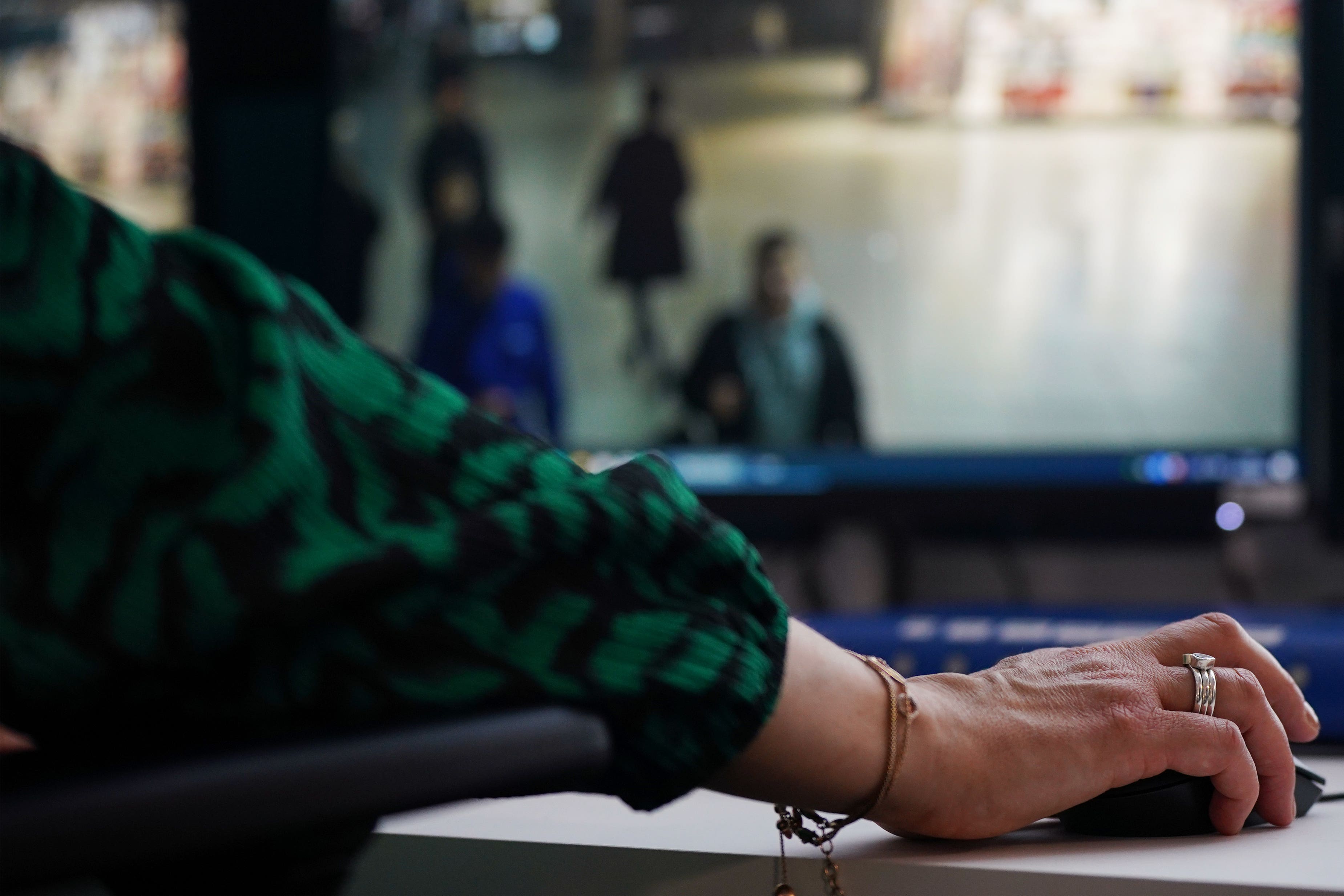Authorities ‘underestimated’ national security risk from Libya returnees
UK-born bomber Salman Abedi flew in from the North African country four days before his attack on the Manchester Arena.

Your support helps us to tell the story
From reproductive rights to climate change to Big Tech, The Independent is on the ground when the story is developing. Whether it's investigating the financials of Elon Musk's pro-Trump PAC or producing our latest documentary, 'The A Word', which shines a light on the American women fighting for reproductive rights, we know how important it is to parse out the facts from the messaging.
At such a critical moment in US history, we need reporters on the ground. Your donation allows us to keep sending journalists to speak to both sides of the story.
The Independent is trusted by Americans across the entire political spectrum. And unlike many other quality news outlets, we choose not to lock Americans out of our reporting and analysis with paywalls. We believe quality journalism should be available to everyone, paid for by those who can afford it.
Your support makes all the difference.The risk to national security from people returning to the UK from Libya in 2017 was “underestimated” by the authorities, an inquiry into the Manchester Arena attack has found.
Manchester-born bomber Salman Abedi, 22, of Libyan descent flew in from the North African country four days before his suicide attack.
Abedi and his younger brother Hashem, now aged 25, who was jailed for life for helping to plot the bombing, visited Libya in 2011 with their father Ramadan during the civil war there and, according to inquiry chair Sir John Saunders, were likely to have been involved in the fighting.
Ramadan Abedi had made clear his support for suicide attacks in the Libya conflict on Facebook.
Both brothers were rescued by the Royal Navy from Libya in 2014.
Sir John’s report into whether the May 2017 Arena attack could have been prevented said the brothers were radicalised in Libya, where it is “probable” they got training or help in how to build a bomb.
In 2010, the Joint Terrorism Analysis Centre (JTAC) conducted a regional assessment of Manchester which Sir John said “accurately predicted what subsequently happened with Salman Abedi and Hashem Abedi”.
He said: “The 2010 JTAC report warned that young Libyan-linked individuals might be influenced by links to extremist groups such as the LIFG (Libyan Islamic Fighting Group).”
Sir John said it was “entirely understandable” that MI5 viewed returnees from Syria in 2017 as a greater threat to national security than Libya.
He said: “However, the focus on Syria meant that both the Security Service and Counter Terrorism Police North West underestimated the risk from Libya in 2017.
“To have ‘run the intelligence machine’ to investigate every person returning from Libya would have been impractical at that time, according to the Security Service witnesses, because there were legitimate reasons to visit Libya.
“It was necessary, for practical reasons as well as other reasons, for there to be some particular indicators that would cause the fact of somebody’s return from Libya to be treated with concern by the Security Service.
“The threshold that the Security Service applied when deciding whether to investigate any returnee from Libya was, in my view, too high and amounted to a risky position.
“This was particularly so against the backdrop of the careful assessment of JTAC in 2010, which identified a danger of radicalisation of young members of the Libyan community in Manchester.
“I accept that some threshold was required that would allow for the exercise of discretion on the part of Security Service investigators as to the extent to which they should investigate each returnee.
“The problem was that the threshold selected by the Security Service was insufficiently nuanced.
“The Security Service and Counter Terrorism Policing should learn from the situation in Libya and take precautions in relation to the threat to UK national security from individuals who have been involved in fighting overseas in future.”